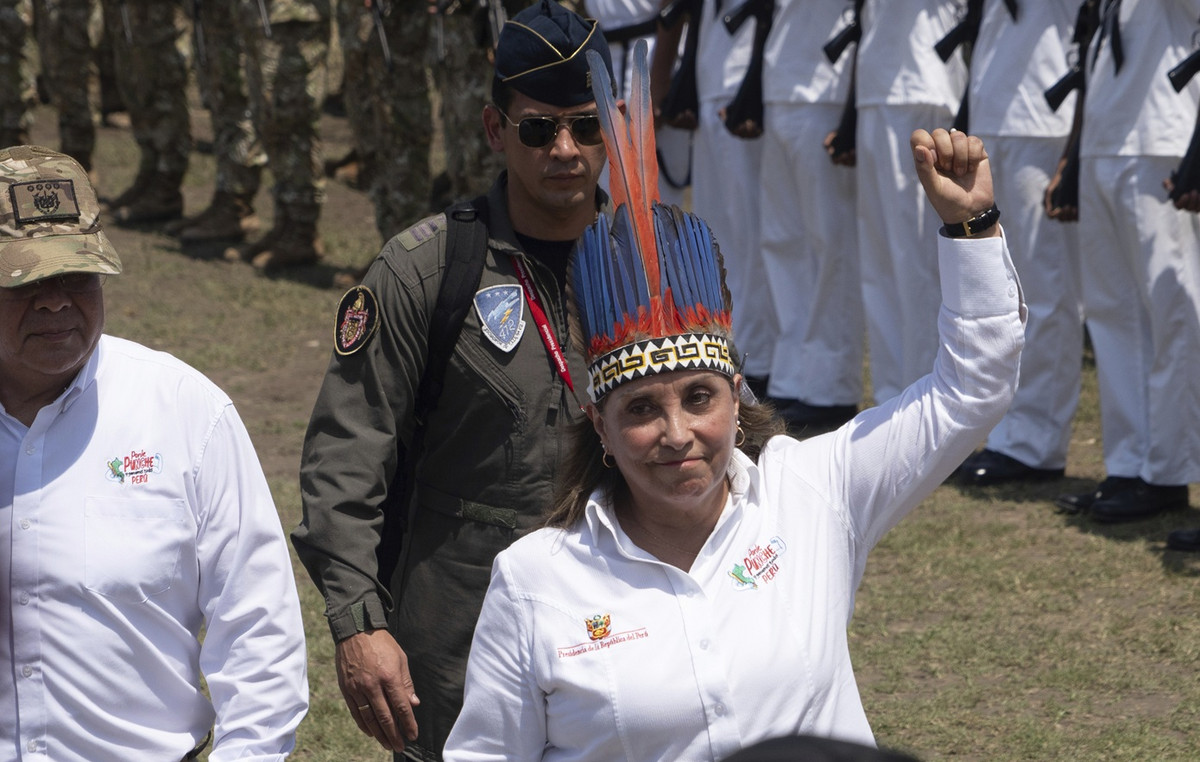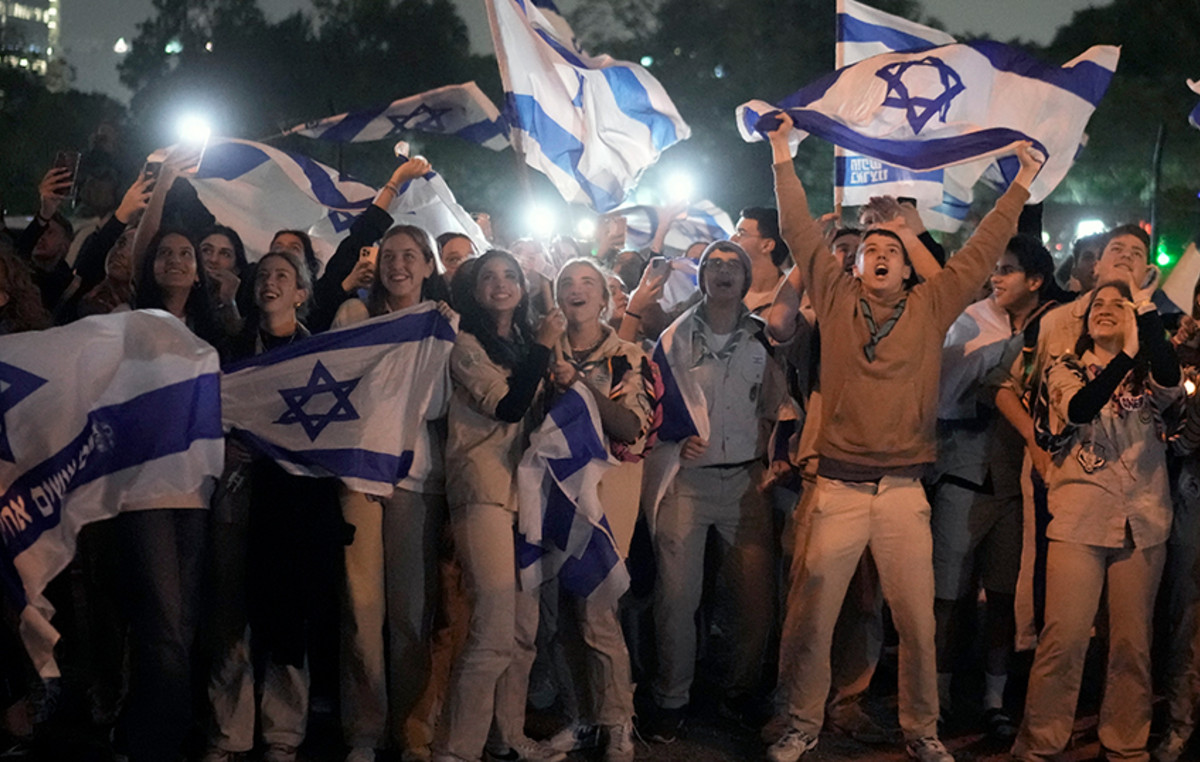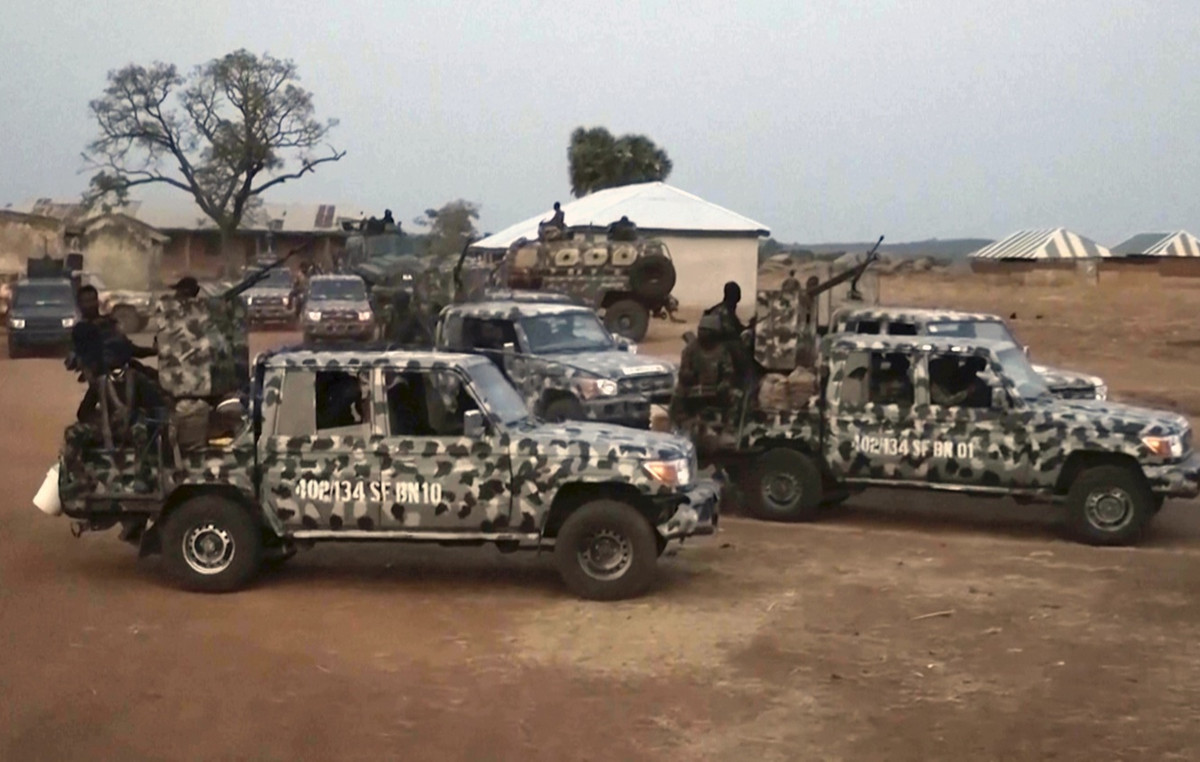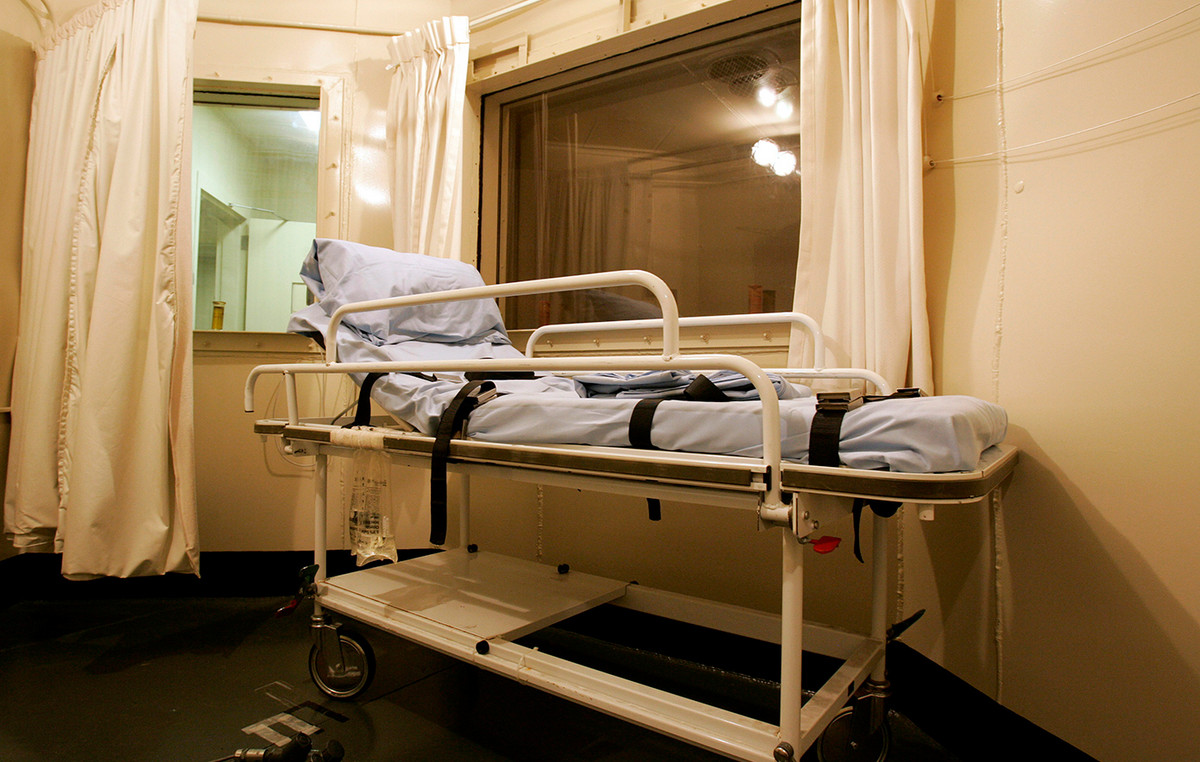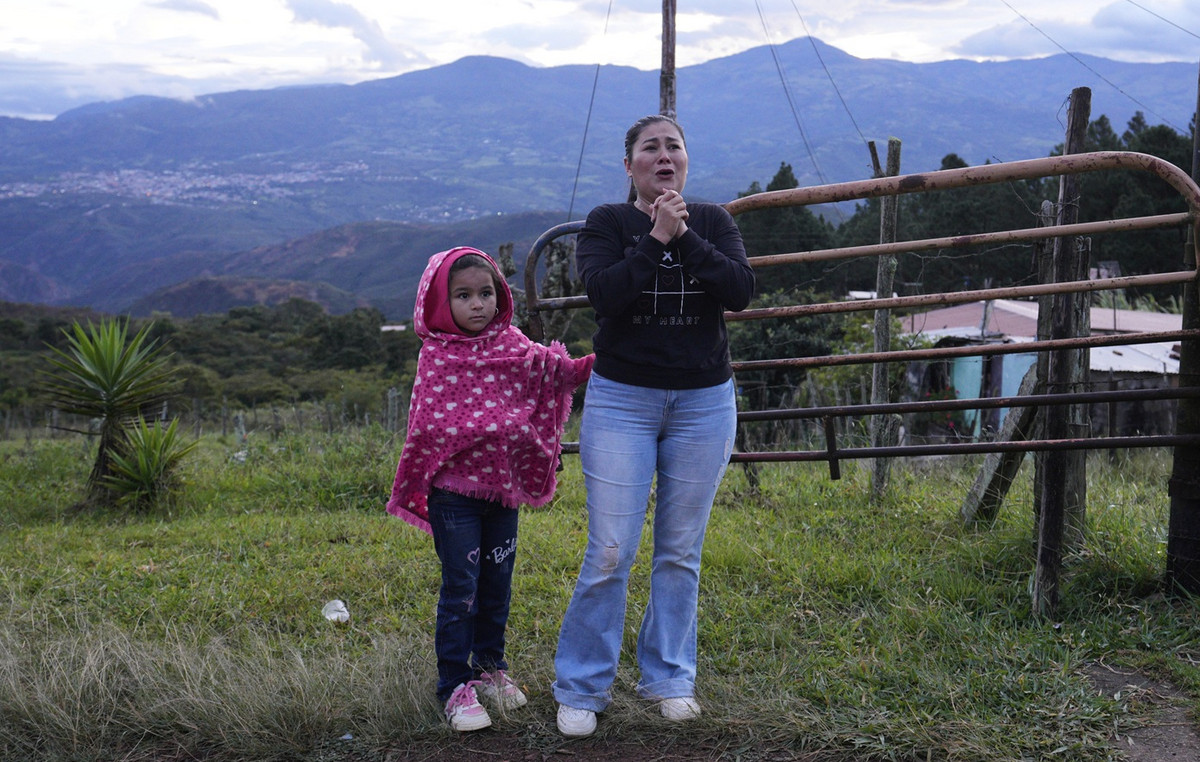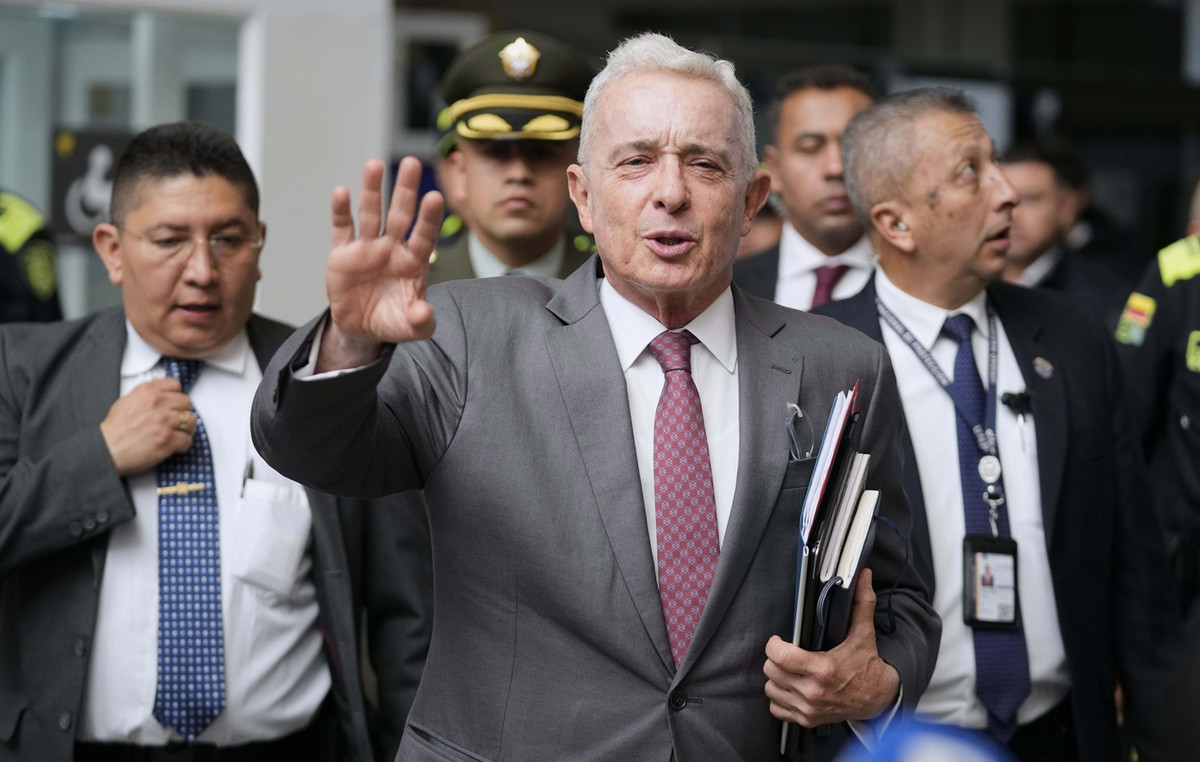The car bomb that killed Darya Dugina, daughter of Russian ultranationalist idealist Alexander Dugin, was detonated remotely, a law enforcement official told Russian state news agency TASS on Monday.
“It has already been established that the bomb in Dugina’s car was detonated remotely. Presumably the car was monitored and its movement controlled,” the unidentified officer told TASS.
Dugina, a Russian political commentator and editor of a disinformation website called United World International, died after a bomb planted in the car she was driving exploded outside Moscow on Saturday night.
The details of the explosion are being investigated by the Russian Investigative Committee.
Earlier, Russian authorities claimed that 400 grams of TNT was used in the explosion and that the “explosive device was placed under the jeep on the driver’s side,” TASS reported on Sunday.
Find out who was Darya Dugina, daughter of Putin’s “guru” killed in car explosion
the russian Darya Platonova Dugina daughter of Russian philosopher Alexander Dugin, considered “guru” of Vladimir Putin died this Saturday (20) after the explosion of the car he was in, in the Moscow region.
A supporter of the invasion of Ukraine by Russian troops, like her father, Darya was born in 1992, and studied philosophy at Lomonosov Moscow State University, where she later earned a PhD.
Father and daughter are part of the list of influential figures in Russia sanctioned by the United States and other Western countries, after Putin authorized an invasion of Ukraine, starting the current war between the countries.
“The fact that we are under sanctions from the US, Canada, Australia and the UK is also a symbol that we Dugin are on the path of truth in the fight against globalism. Therefore, I would say that it is an honor to be born into such a family”, said the philosopher, in an interview in May of this year with the Russian state vehicle Geopolitika, a platform controlled by Darya’s father, according to the US government.
Darya also went so far as to say that Ukraine has lived in a dictatorship since 2014, influenced by “a globalist and pro-American agenda”. She also stated that since then several countries have cultivated a culture of “Russophobia”.
In 2014, the Crimea region was annexed by Russia. The move came under fire from the then-established pro-European Union Ukrainian government and Western countries, which pressured Russia with sanctions,
“The unanimous support of the West for Ukraine, the supply of weapons on an unthinkable scale, all this is agony. For me, the worst pain is that Europe succumbed to the influence of globalist propaganda and, instead of remaining neutral, sided with the war. In many ways, this was certainly the plan of the United States, which systematically and continuously provoked the entire conflict by supplying Ukraine with weapons,” Darya said.
The Russian philosopher also questioned the veracity of the disclosure of information about Russia’s role in the war by Western media outlets.
The US Treasury Department, in announcing sanctions against Darya and her father on March 3, 2022, said she was editor-in-chief of a website called United World International (UWI), which even published a note that stated that “ Ukraine would perish if it were admitted to NATO”.
Who is Alexander Dugin, Putin’s “guru” who lost daughter in car explosion
Alexander Dugin whose daughter Darya Dugina died on Saturday (20) after the explosion of the car he was in, is the “high priest” of a virulent campaign of Russian nationalism that is becoming increasingly influential in the country.
Coming from a family of Russian military officers, his journey has been remarkable: from fringe ideologue to leader of a prominent current of thought in Russia that sees Moscow as the heart of a “Eurasian” empire that defies Western decadence. He is the spiritual founder of the term “the Russian world”.
Along the way, this strand incorporated a deep aversion to the identity of the Ukraine out of Russia .
Dugin, 60, helped revive the phrase “Novorossiya” or New Russia – which included territories from parts of Ukraine – before Russia’s annexation of Crimea in 2014. The Russian president Vladimir Putin even used the word when declaring Crimea part of Russia in March of that year.
The philosopher has long had a visceral aversion to Ukrainians who resist assimilation into “mother Russia”. After dozens of pro-Russian protesters were killed during clashes in Odesa in May 2014, he said: “Ukraine must be disappeared from the Earth and rebuilt from scratch or people need to get it back. I think the Ukrainians need a total revolt at all levels and in all regions. An armed revolt against the Junta [suposto grupo fascista ucraniano]. Not only in the Southeast”, declared Dugin.
“Kill, kill and kill. Enough talking. It is my opinion as a teacher,” he added.
The following year, Dugin was sanctioned by the United States as “complicit in actions or policies that threaten the peace, security, stability or sovereignty or territorial integrity of Ukraine”.
The birth of Eurasianism
The work that propelled Dugin to prominence was 1997’s “Fundamentals of Geopolitics,” in which he laid out his vision of a Eurasian empire, stretching from Dublin to Vladivostok. The book advocated sowing instability and dissent in the United States – a preview of the disinformation campaign surrounding the 2016 US election.
In one passage, he wrote: “It is especially important to introduce geopolitical disorder into American domestic activity, encouraging all kinds of separatism and ethnic, social and racial conflicts, actively supporting all dissident movements – extremist, racist and sectarian groups, thereby destabilizing , domestic political processes in the US”.
The work, written in the final days of Boris Yelstin’s chaotic presidency, became a bestseller in Russia.
In 2004, John Dunlop, a senior fellow at Stanford University’s Hoover Institution, wrote that no other book has had “an influence on Russian military, law enforcement and foreign policy statist elites comparable to ‘Foundations’.”
The copy spurred Dugin on to an academic career – and for a time he was chairman of international relations in the Department of Sociology at Moscow State University.
Dugin has always been one of Putin’s biggest supporters. In 2007, he said: “Putin has no more opponents, and even if they exist, they are mentally ill and must be sent for medical examination. Putin is everywhere, Putin is everything, Putin is absolute, Putin is irreplaceable.”
Source: CNN Brasil
I’m James Harper, a highly experienced and accomplished news writer for World Stock Market. I have been writing in the Politics section of the website for over five years, providing readers with up-to-date and insightful information about current events in politics. My work is widely read and respected by many industry professionals as well as laymen.

